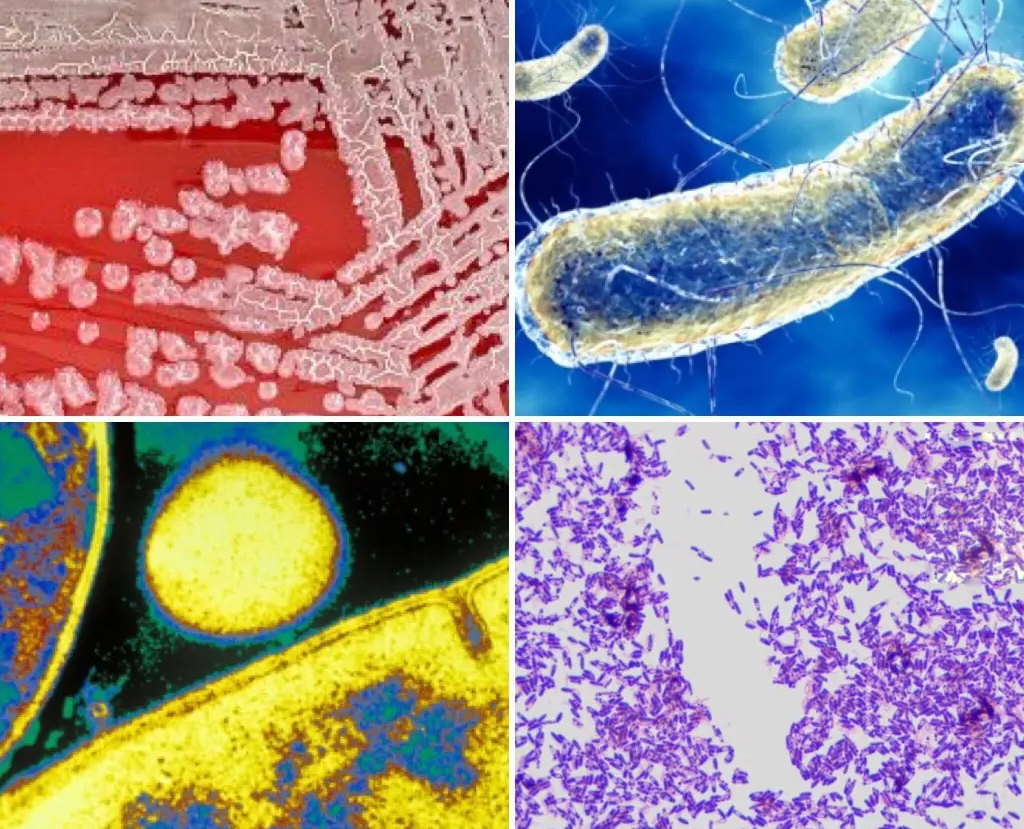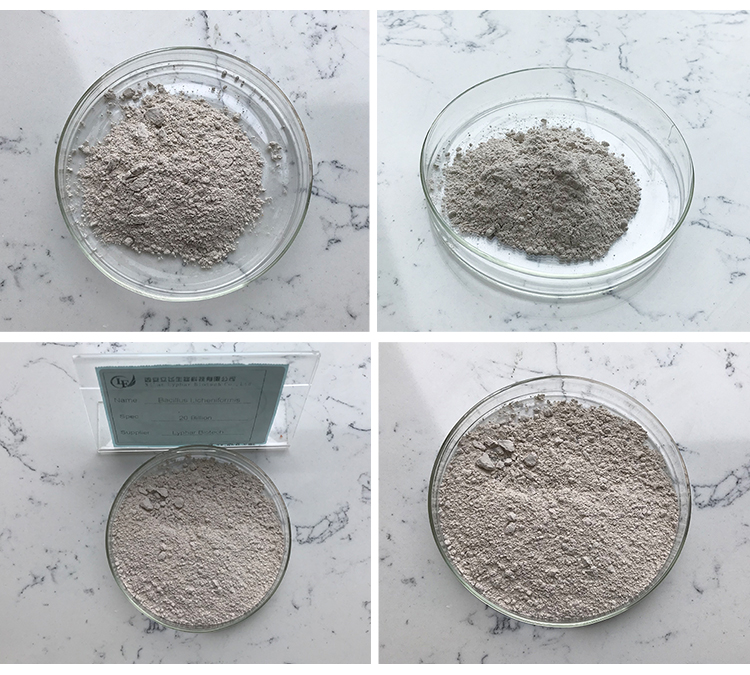Effects of Bacillus Licheniformis:
- Probiotic Benefits – Bacillus licheniformis is a beneficial bacterium that promotes gut health by enhancing digestion and inhibiting harmful pathogens.
- Antimicrobial Properties – It produces antimicrobial compounds like bacitracin, which help suppress the growth of harmful bacteria.
- Enzyme Production – It produces enzymes such as proteases, amylases, and lipases that aid in the breakdown of proteins, starches, and fats.
- Bioremediation – It is used to break down pollutants in soil and water, improving environmental conditions.
- Immune System Modulation – It can enhance immune responses in animals and humans.
- Biofilm Formation – It can form biofilms, which protect the bacteria from environmental stress and improve their survival.

Functions of Bacillus Licheniformis:
- Industrial Enzyme Production – Bacillus licheniformis is widely used in the production of industrial enzymes for detergents, textiles, and food processing.
- Agricultural Applications – It is used as a biofertilizer and biopesticide to enhance soil fertility and protect crops from pathogens.
- Animal Feed Additive – It is included in animal feed to improve digestion and nutrient absorption in livestock.
- Biodegradation – It helps in breaking down organic waste, making it useful in waste management.
- Pharmaceutical Applications – It is used in the production of antibiotics (e.g., bacitracin) and probiotics for health benefits.
Would you like more details on any specific aspect?
Adverse Effect of Bacillus Licheniformis
Bacillus Licheniformis is a Gram-positive, spore-forming bacterium commonly used in industrial applications, probiotics, and enzyme production. While generally considered safe, it can have some adverse effects, especially in certain populations or under specific conditions:
1. Opportunistic Infections
- Although rare, Bacillus Licheniformis has been reported to cause infections, particularly in immunocompromised individuals.
- It has been linked to bacteremia, endocarditis, peritonitis, and eye infections (keratitis).
- Infections are often associated with contaminated medical devices or wounds.
2. Gastrointestinal Issues
- Some individuals may experience diarrhea, bloating, or stomach discomfort after consuming probiotics or food products containing Bacillus Licheniformis.
- This is more common in people with weakened digestive systems or imbalanced gut microbiota.

3. Food Spoilage & Toxin Production
- Bacillus Licheniformis can be a food spoilage organism, producing heat-resistant spores that survive pasteurization and cause food degradation.
- Some strains produce toxins that may contribute to foodborne illness, leading to nausea, vomiting, or diarrhea.
4. Allergic Reactions & Respiratory Issues
- Exposure to Bacillus Licheniformis spores, particularly in industrial or agricultural settings, can cause respiratory irritation or allergic reactions in sensitive individuals.
- Symptoms may include coughing, sneezing, or difficulty breathing.
5. Biofilm Formation & Antibiotic Resistance
- Bacillus Licheniformis is capable of forming biofilms, making it resistant to disinfectants and antibiotics, which can be problematic in healthcare and food industries.
- Some strains have shown resistance to certain antibiotics, complicating treatment in rare infection cases.
While Bacillus Licheniformis is generally recognized as safe (GRAS) for many applications, caution is advised for immunocompromised individuals, those with gastrointestinal sensitivities, and those working in high-exposure environments.
